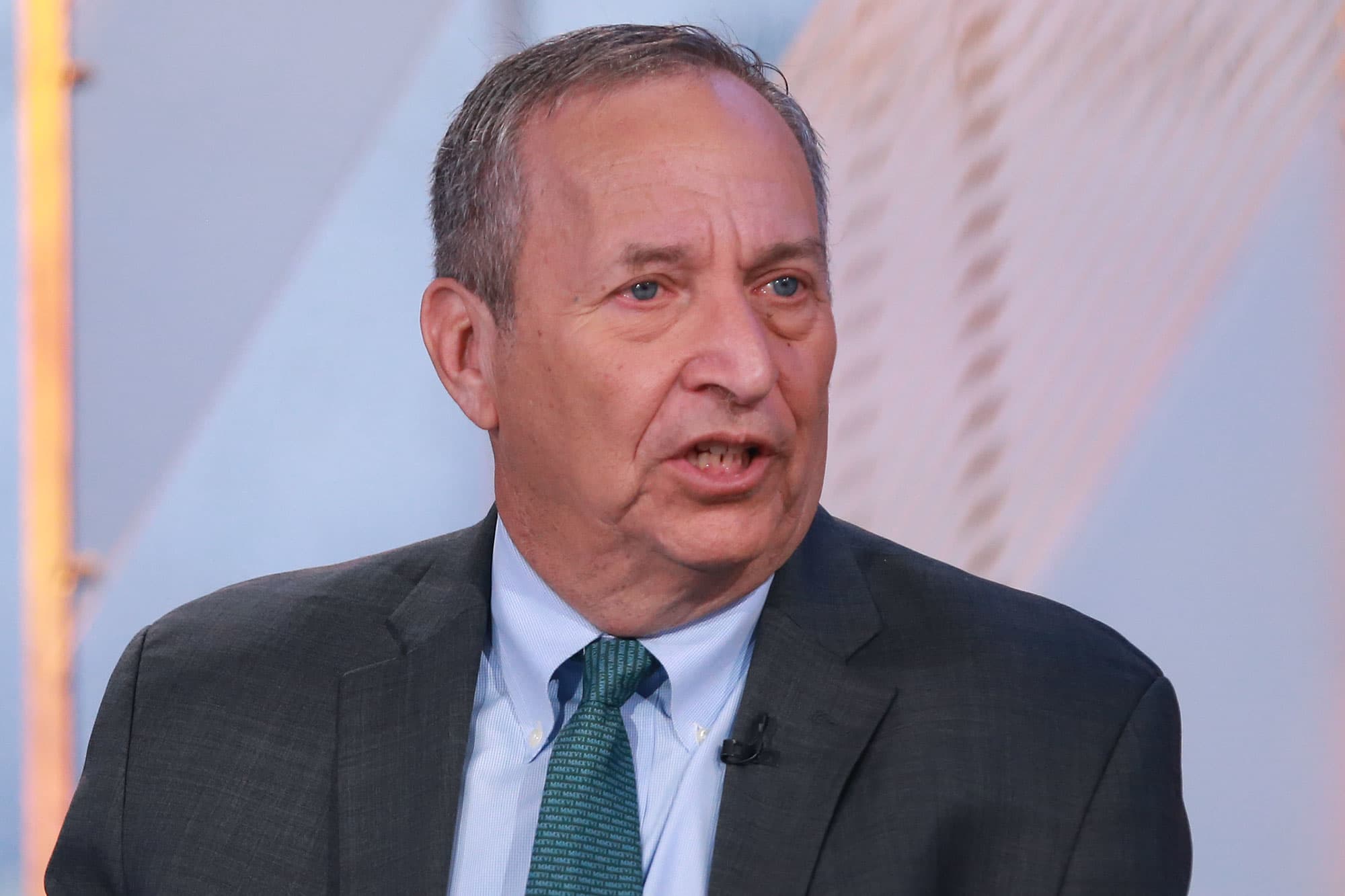Former New York Fed President Bill Dudley‘s push for the central bank to consider the 2020 election when crafting monetary policy is “grossly irresponsible” behavior, economist Larry Summers told CNBC on Thursday.
Dudley, in a Wednesday post on Bloomberg, suggested the Federal Reserve could, and should, try to sway the election against President Donald Trump. Dudley urged current central bankers not to lower interest rates further to cover for any negative effects on the U.S. economy that may arise due to the president’s China trade war.
“For a former trusted official of the Fed, whose thinking is inevitably going to be tied to the Fed, to recommend that they … [use] rates so as to subvert the economy and influence a presidential election is grossly irresponsible, and is an abuse of the privilege of being a former Fed official,” said Summers, who formerly served as Treasury secretary under President Bill Clinton and as an economic advisor to President Barack Obama.
Summers, a longtime Trump critic who had been considered by Obama for Fed chief, said that Dudley’s remarks took the discussion “out of the realm of economics” and “into the realm of politics.”
“The Fed’s job is to stay out of politics,” Summers stressed.
The Dudley controversy follows sustained attacks on the central bank from Trump, who has called Chairman Jerome Powell “clueless” and asked whether Powell is a “bigger enemy” to the country than Chinese President Xi Jinping.
Trump, who actually appointed Powell as Fed chairman, wants lower rates to boost the economy. Dudley argued that doing so would incentive the president to escalate his trade fight against China, which critics blame for holding back the U.S. economy and increasing recession fears in the first place.
Regardless of what Trump says or does, Summers said the Fed and its appointed members should not seek to “constrain and influence the behavior of the president of the United States.”
“That is to misunderstand entirely the role of appointed officials in a democracy,” Summers added.
Summers argued that Fed officials making monetary policy to achieve certain political outcomes would be akin to non-elected military leaders ignoring the directives of the president. “It’s not for the military to lie to the commander-in chief, or mislead the commander-in-chief or refuse to take the commander-in-chief’s orders in order to pursue what they think is the best political policy for the country.”
Summers calls Dudley, who led the New York Fed from 2009 to 2018, a friend, saying he’s “admired many things” Dudley has done. But Summers said Dudley should make clear his beliefs are entirely his own and that “he has no basis for believing that any of the kinds of things he’s thinking about are being considered or debated anywhere or are in the Fed’s reflection process.”
The Fed’s next monetary policy is in September and the market widely believes central bankers will reduce rates by a quarter-point again, after cutting rates by the same amount last month, the first such move in more than a decade.
The Fed raised rates four times in 2018.
